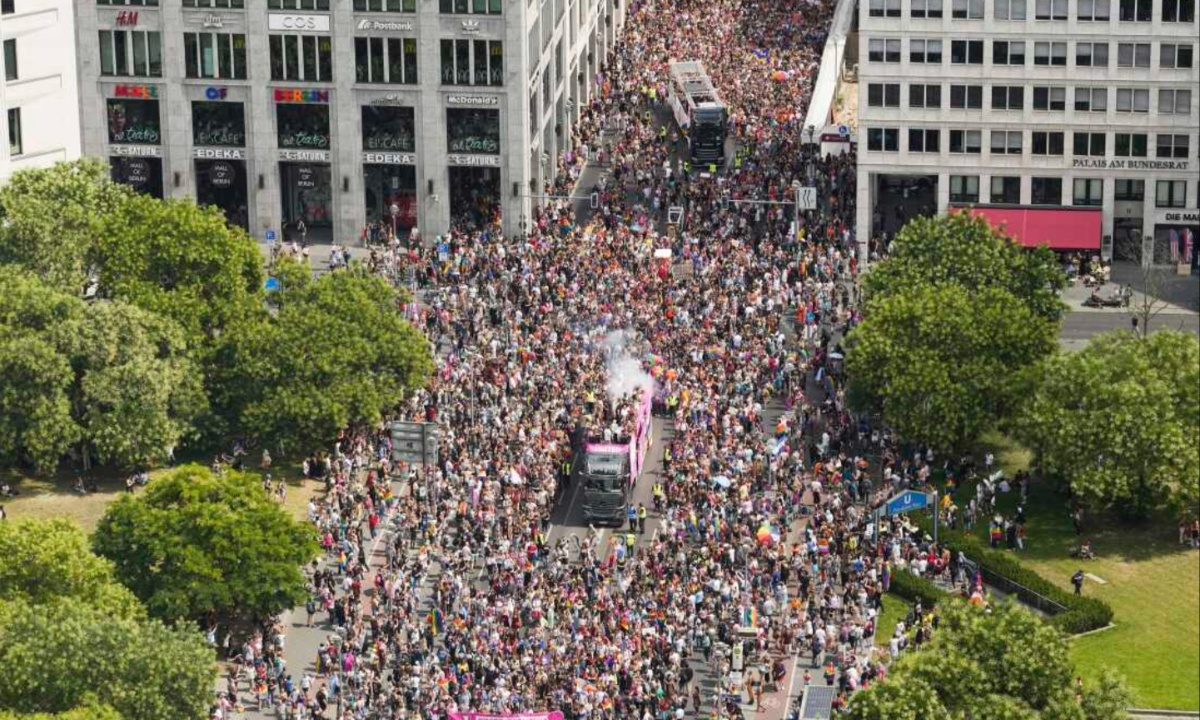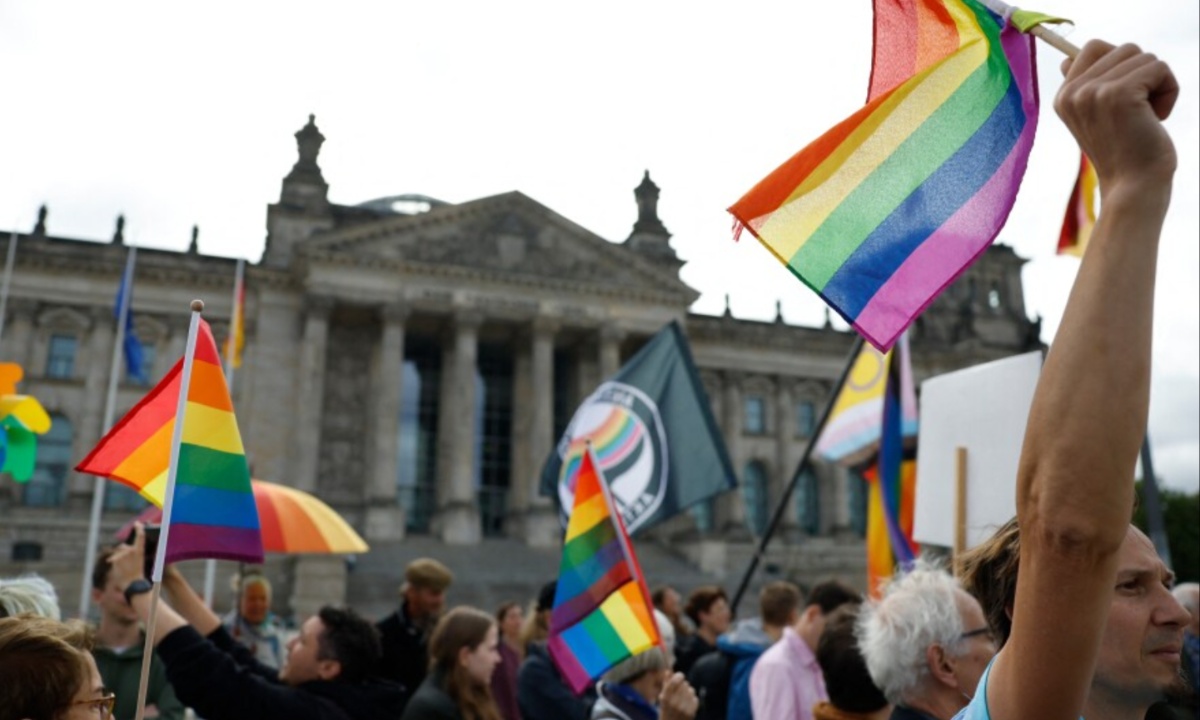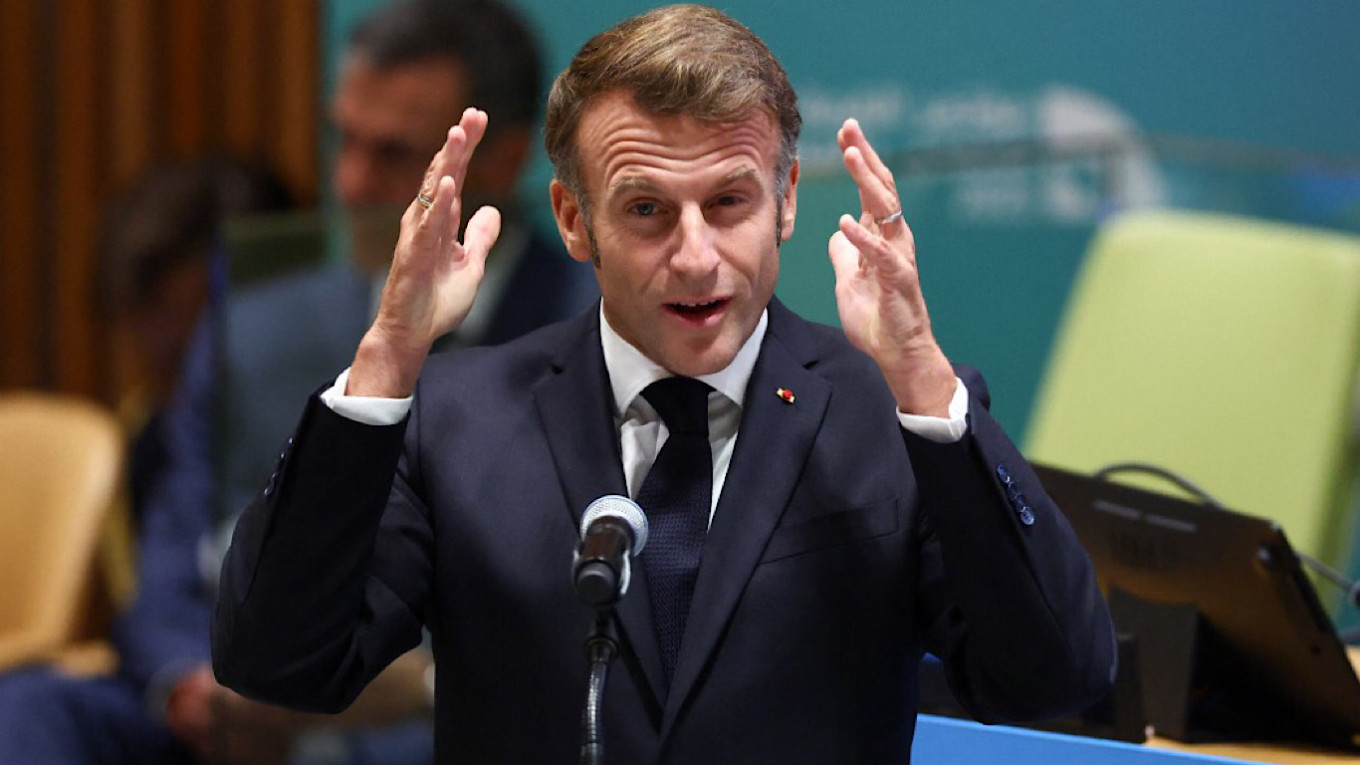The neighborhood near Nollendorfplatz in central Berlin remains a prominent LGBTQ+ enclave, echoing its vibrant past that once inspired Christopher Isherwood’s writings and the musical Cabaret. Today, the area continues to host its own LGBTQ+ Pride celebrations, distinct from the city’s main parade, celebrating queer culture amid a rising wave of conservatism and far-right backlash.
Despite Germany hosting over 200 Pride events in 2025, growing far-right hostility has created a climate of fear. Attendees report feeling uneasy due to aggressive counter-protests. At one Pride event in Marzahn, a heavy police presence was necessary to ensure safety from extremist demonstrators—17 such anti-Pride rallies have occurred this year, causing some cities to cancel Pride altogether.
Far-Right Rhetoric And Conservative Politics Challenge LGBTQ+ Visibility And Acceptance In Germany Today
Researchers point out that far-right groups are co-opting nationalist rhetoric to reject LGBTQ+ inclusion, often framing queer identity as incompatible with German values. Their slogans suggest that Germany doesn’t need the rainbow, claiming the national flag is “colorful enough.” This rhetoric fuels a broader narrative that seeks to exclude queer life from public acceptance and discourse.

Conservatism within mainstream politics has also influenced LGBTQ+ visibility. Julia Klöckner, newly appointed president of the Bundestag, banned rainbow flags from the parliament and restricted officials from participating in Pride in an official capacity.
Chancellor Friedrich Merz defended the decision, calling for neutrality and controversially describing the Bundestag as “not a circus tent,” a comment that drew criticism even within his own party.
Rising Hate, Political Pushback, and Community Resilience in Berlin’s LGBTQ+ Heartland
Opposition figures and LGBTQ+ advocates argue that such policies marginalize queer communities further. Lawmaker Nyke Slawik criticized the treatment of the rainbow as a political symbol, highlighting a near tenfold rise in queerphobic hate crimes since 2010. Even within Merz’s party, some like Sönke Siegmann are pushing back, attempting to educate colleagues and foster greater acceptance of LGBTQ+ terminology and rights.
On the ground in Nollendorfplatz, residents like Chris Kelly are seeing a disturbing shift. Despite the area’s historic legacy and visible queer presence, prejudice remains. Kelly recounts discrimination while trying to open his boutique and references recent violence against LGBTQ+ individuals in the neighborhood.
As Berlin prepares for its main Pride parade, counterdemonstrations are already planned. Yet Kelly remains steadfast, urging the community to resist this resurgence of hate and stand proud, refusing to say “Goodbye to Berlin,” as Isherwood once did.












Leave a Reply